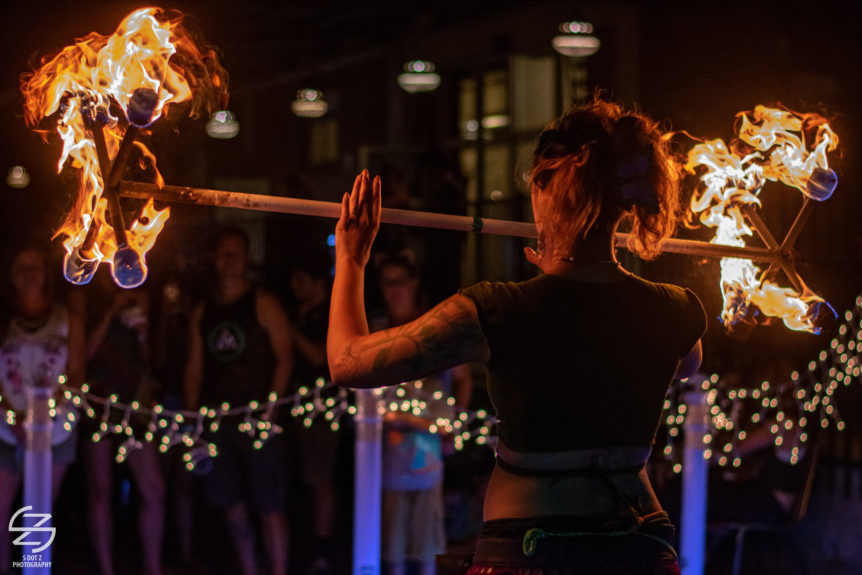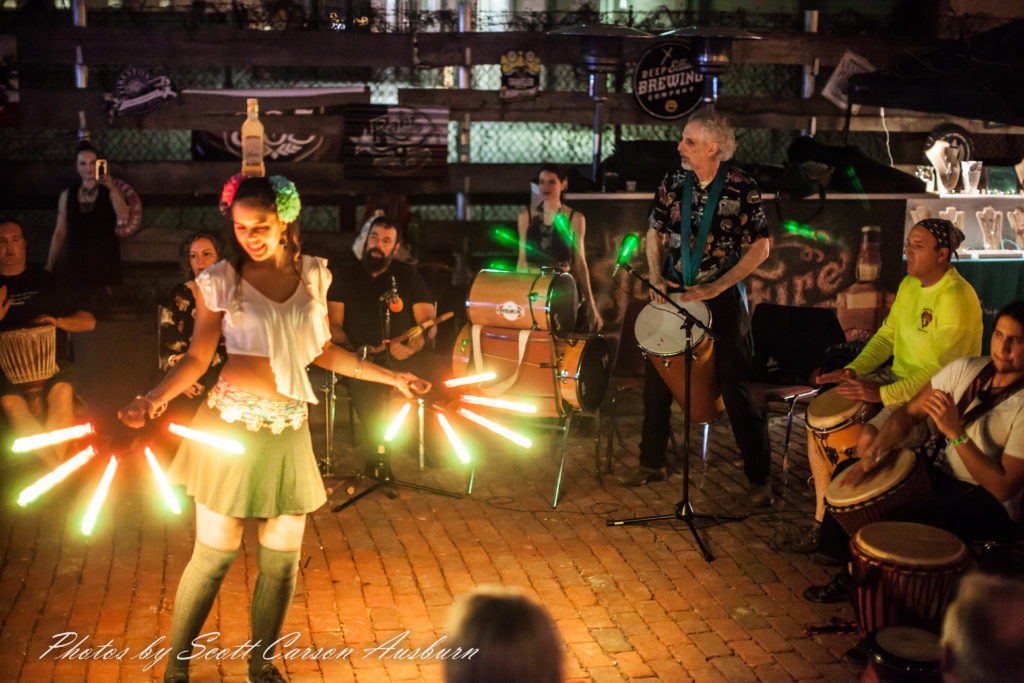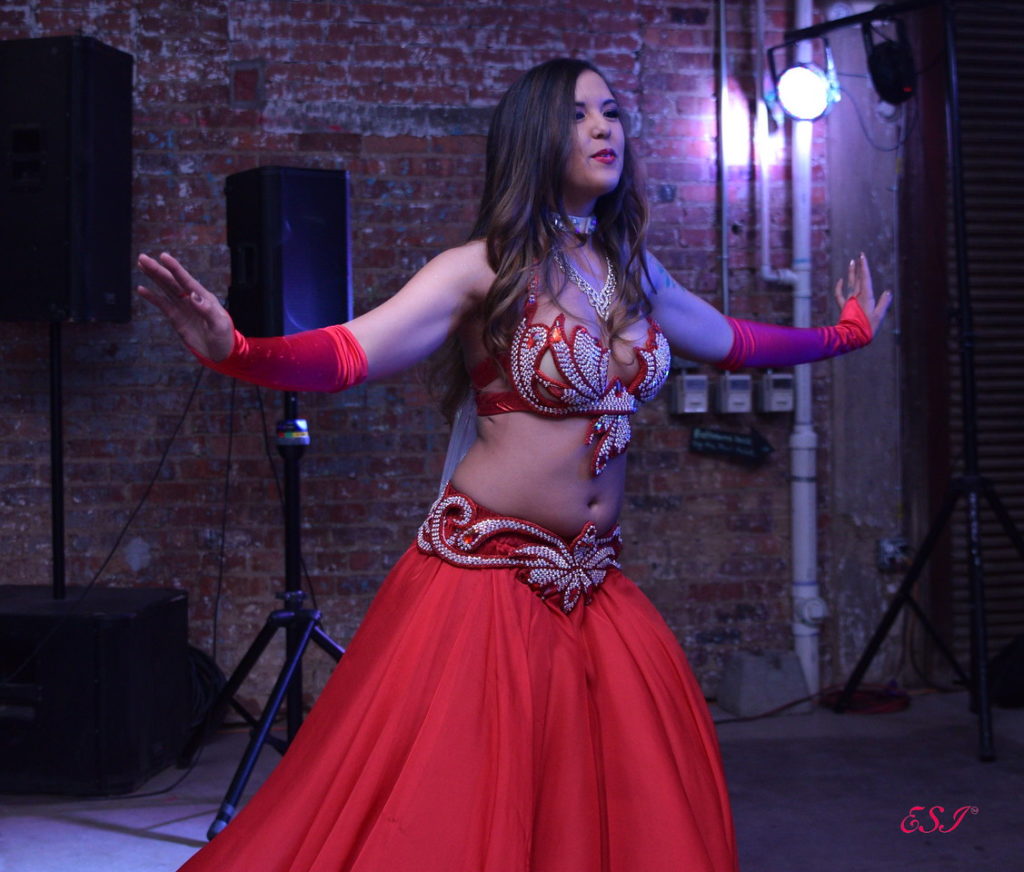I’ve been thinking a lot lately about life in the performing arts business post pandemic, imagining the possible trends, and whether or not undercutting would become worse. During the 2018-2019 school year, I took a sabbatical from teaching high school English to be a performer full time. It was an incredible year, and I learned a lot of valuable lessons.
Namely, I got to experience first hand how life-force draining the hustle can be without proper self care.
Then COVID-19 happened. Events were cancelled, festivals were postponed or reconfigured online, and gigs were nonexistent.
I watched as thousands of dollars of expected income disappeared from my future and the futures of my professional performer friends. It was devastating. For a while, I even felt guilty, because I was blessed enough to have a full-time teaching job again, which kept my rent paid and my lights on.
And then… I watched my communities come together.
I watched friends around the country create grassroots assistance programs and offer mutual aid. I watched my communities rise up to protest injustices against the black community, which is also disproportionately suffering from the pandemic. I watched countless performers using their social media platforms to speak up or raise donations for bail-out funds. And all of this coming together at a time of overwhelming loss and crisis reminded me of some important lessons I’ve learned about communities.
We are stronger when we are connected and care for each other, and we thrive in communities that foster an abundance mindset. We fail when we give in to scarcity thinking and fight over limited resources.
A scarcity mindset is based on the idea that there’s not enough to go around. For example, believing that teaching “the ropes” to newcomers will lead to fewer personal opportunities in the future or believing that a newbie poi spinner charging $50 per gig significantly diminishes demand for a polished and professional show set at a fair price to reflect quality. This type of thinking operates from a place of fear, unlike an abundance mindset which operates from a sense of security and personal worth. The thing is, if you perform long enough, there will always be some fresh young faces with boundless energy, natural talents, or hunger for a foot in the door who come along, and trying to pump the brakes on their journeys won’t stop them from showing up and fumbling along the way as they try to figure out what it means to be a professional performer. Some of them may never learn integrity, but acting from this scarcity mindset takes away from the advancement of our community.
When I first entered the fire performance scene in 2016, I was met with resistance. I encountered performers in the community who didn’t want to share their skills and who treated me as if I might someday steal their gigs. When a few friends and I launched the first legal fire jam in Fort Worth, Texas, another woman made sure to let me know that she’d planned to create the same thing but hadn’t yet. I think she was mostly upset because she’d bought a beer at the bar, and I wouldn’t let her spin fire and jeopardize everyone’s safety or our permit. She probably had no idea the lengths I went to in order to acquire the permit, and she probably didn’t see that I was trying to create something bigger and longer lasting than individual glory. Everywhere I turned those first few years, I found people wrapped up in a scarcity mindset who believed that sharing space in the community with me would take away from what they had.
I see this time and time again when the issue of undercutting comes up. The word “undercutting” was mentioned 42 times in the Business for Flow Artists Facebook group in 2020 and 97 times in 2019. It’s a common theme that I see often in flow artist groups, and I would argue it stems from a scarcity mindset and isn’t worth the attention we give it.
I’m a firm believer that creating a strong and flourishing performer community creates more opportunities than it takes away. There will always be people who steal intellectual property, undercut professional performer pricing, and act unkindly. But if we don’t foster an environment that encourages people to share their gifts, then I think we’d be losing out on valuable assets to the health and survival of our community: innovative ideas and growth.
So, what will we do post pandemic? Will undercutting, which felt problematic pre-pandemic, increase because performers are desperate for gigs? Some places have started to open back up, and I’ve seen friends post about socially distanced and masked performances that they’ve been able to do. Will the low demand for performers and high supply of performers in need of income create a cutthroat future for our industry?
I sure hope not.
I don’t have all the answers and would love to know what you think. I also challenge you to find avant-garde ways to collaborate and support our community as the economy as a whole attempts to recover. If you ask me, it’s time we shifted the paradigm from being afraid of someone outshining us as individuals or undercutting our fair pricing to celebrating what we can accomplish when we work together to create more opportunities for everyone.
—
Wildfire Tina is a belly dancer and fire performer in Santa Fe, New Mexico. She’s the editor of a newly launched online flow arts publication called The Wild Post, and the queen bee of Fort Worth Fire Beats, a monthly fire jam that would have celebrated its two year anniversary this past April.
Get connected…
Instagram.com/the.wild.post
Instagram.com/WildfireTina
www.thewildpost.com





Comments 1
Excellent article, Thank you for sharing your observations and experiences and flow scene. Abundance for all.